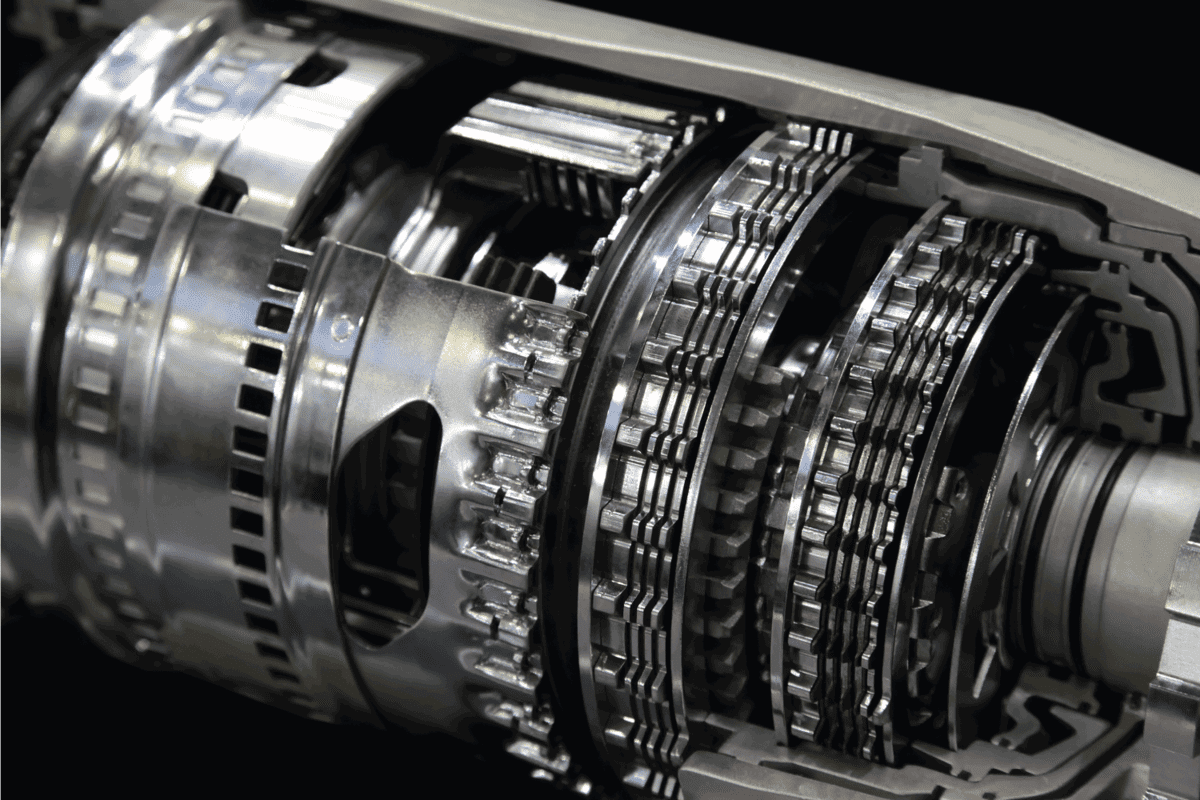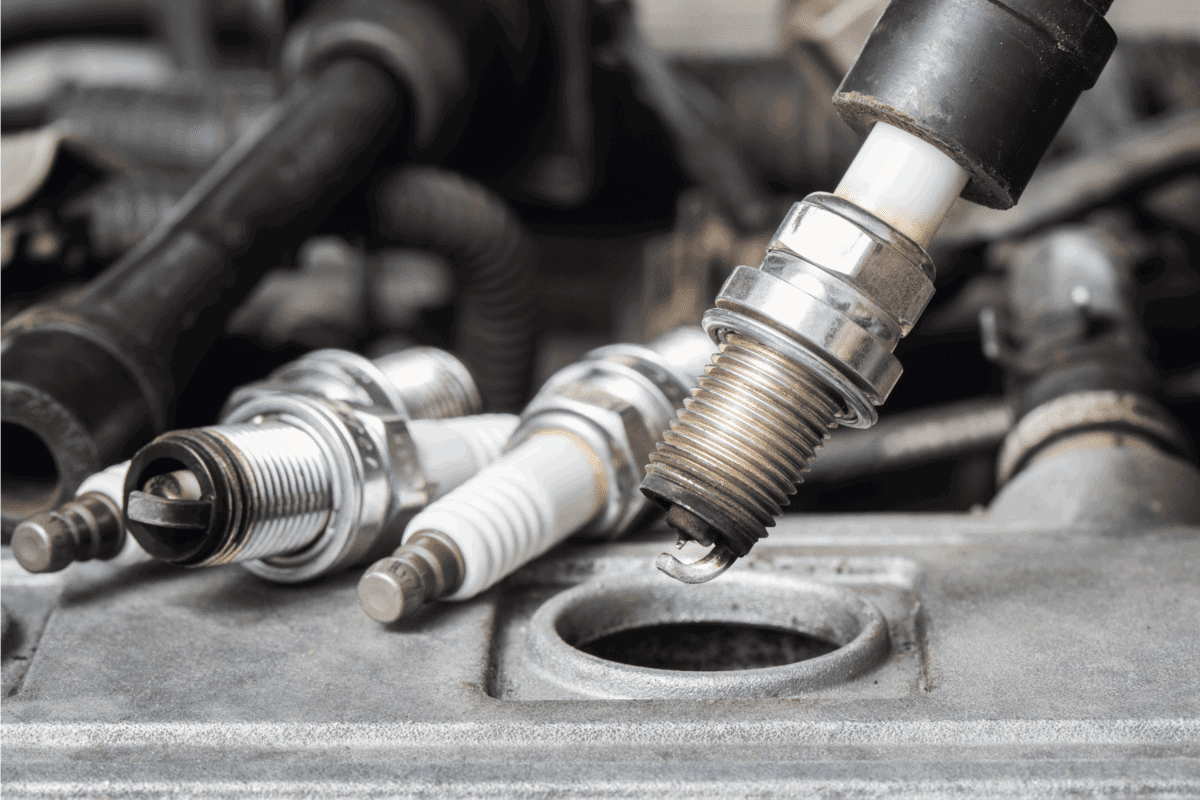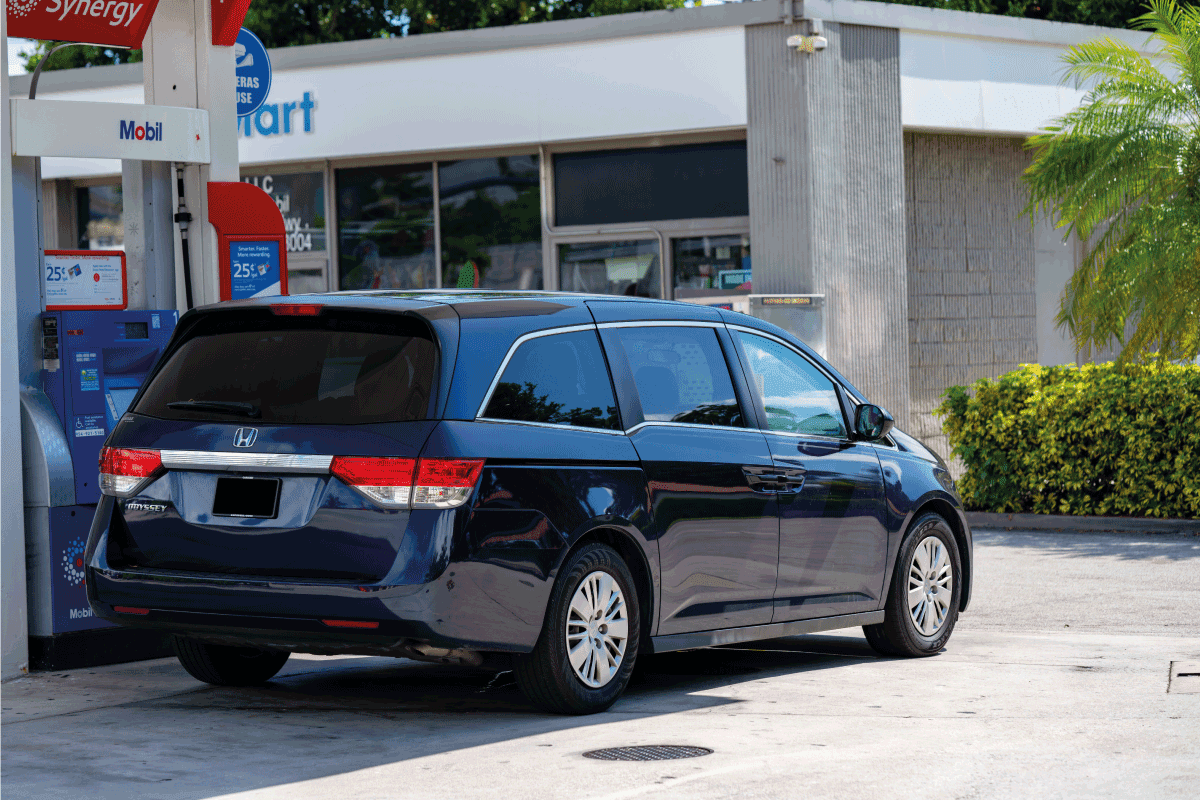It can be frustrating and scary when your car won't accelerate. Unfortunately, many things cause bad acceleration, and it can be challenging to narrow down the cause. If you drive a Honda Odyssey and struggle with acceleration, you might be wondering what could be wrong. We've done the research to answer this question for you so you can spend less time finding out the cause and more time getting it fixed.
Acceleration problems typically stem from miscommunication or malfunction between one of your car's systems and the engine. This means that the engine is either not receiving the message it needs to accelerate, or it is not being given enough resources to have the power to accelerate. Some of the most common reasons for acceleration problems in a Honda Odyssey are:
- Engine misfires
- Bad fuel pump
- Worn accelerator cable
- Bad transmission
- Bad spark plugs
It is helpful to be able to tell what may be wrong with your vehicle when a problem such as no acceleration arises. That way, you can make an informed decision about whether it is safe to drive your car to the mechanic or if it needs to be towed. You can also have an idea of how much the repairs will cost. We will explain each of the causes to help you identify them if they occur.

Causes Of Acceleration Problems
To narrow down the cause of your vehicle's acceleration problem, take a look at the RPM gauge. If your RPMs are increasing but the car isn't accelerating, this may indicate a transmission issue.
If your RPMs remain steady and the car won't accelerate, it may be an engine issue. The RPM gauge isn't the only symptom that will help you identify your acceleration problem, so be sure to take note of how your car is running as a whole unit.
Engine Misfires
Symptoms
Market research company J. D. Power defines an engine misfire as an issue that occurs when the combustion reaction that starts a vehicle doesn't work correctly, leaving one or more cylinders in the engine unfired.
Honda Odysseys have earned a reputation for engine misfires, a common reason for vehicles not accelerating.
You may feel your Odyssey shake and jerk or its engine vibrate roughly if there is a misfire. The check engine light sometimes comes on, and depending on the cause of the misfire, you may notice strange smells or sounds.
How To Fix It
Misfires usually occur as a symptom of another problem. When you confirm that your engine is misfiring, the next step is finding out the misfire's cause.
Bad spark plugs, which we will discuss later, are the most common reason but worn valve seals, bad ignition coils, and a weak fuel injector are just some of the reasons your engine will misfire. Your engine will continue to misfire until you address the cause.
Are Misfires Covered Under Warranty?
Yes. According to a 2015 service bulletin released by Honda, the warranty covers engine misfires. Honda has adjusted its warranty to cover engine misfires for eight years, with no mileage limit.
Bad Fuel Pump
Symptoms
As the name suggests, the fuel pump carries fuel from the gas tank to the engine, allowing the vehicle to move. When a fuel pump goes bad, it cannot efficiently supply the engine with fuel. You may initially notice that you aren't getting as many miles on one tank of gas as you used to.
As the fuel pump continues to wear down, you may notice your engine sputtering and finally not being able to start at all.
Your Odyssey won't be able to accelerate even when you push the pedal down as far as it will go because the engine isn't receiving enough fuel to help your vehicle increase speed.
How To Fix It
While you can perform some temporary fixes until you get your vehicle to a mechanic, you ultimately need to replace your fuel pump. An engine that initially sputters or stalls will eventually not start at all if the fuel pump's condition continues to worsen.
Click here to see this fuel pump on Amazon.
Worn Accelerator Cable
Symptoms
The accelerator cable runs from the gas pedal to the carburetor, letting the engine know it is time to accelerate or slow down. When the accelerator cable isn't working properly, you will feel the effects in the gas pedal.
It will be challenging to push the pedal down, your car might not respond to your input onto the pedal right away, or the pedal may stick. You may also notice that cruise control doesn't work correctly.
How To Fix It
Repairing an accelerator cable could be as simple as tightening or loosening the cable if it doesn't have the right amount of tension. You may also need to lubricate the cable if it isn't moving smoothly. If the cable is broken, however, you will need to replace it.
Bad Transmission

Symptoms
A faulty transmission can slip out of gear, putting your car into neutral. This, in turn, prevents your car from accelerating properly. You may also notice leaking fluids, unusual smells, whining sounds when your transmission isn't functioning properly.
How To Fix It
When people hear of transmission issues, they automatically think that the repair will be so costly that it's almost better to get a new car, and sometimes that is true.
However, transmissions are one of the most variable car parts regarding repairs. Depending on the problem, replacing fluids or fixing one part of the transmission system can be enough to restore your vehicle to good working order.
This often happens when one part of the transmission has worn down while the system as a whole is okay.
Other times, the whole transmission will need to be replaced. If you suspect transmission issues, get your vehicle fixed as soon as possible to reduce the likelihood of needing costly repairs.
Bad Spark Plugs

Symptoms
Spark plugs are responsible for the combustion reaction that starts the car. Bad spark plugs cause your engine to misfire or possibly not start at all. Your car will have trouble accelerating, and it may shake or make noises when idling.
How To Fix It
Bad spark plugs need to be replaced since they cannot be fixed. Sometimes spark plugs can be stuck in the cylinder head, much like a stripped screw can be stuck. When this is the case, the cylinder head may need to be replaced as well.
Click here to see these spark plugs on Amazon.
Can Bad Spark Plugs Affect Acceleration?
Yes, lack of acceleration may indicate bad spark plugs. However, having bad spark plugs is only one of many causes of acceleration issues. If you are not experiencing other symptoms of bad spark plugs, bad acceleration may be caused by something else.
What Problems Do Honda Odysseys Have?
Owners of the Honda Odyssey have reported numerous problems, most of which are annoying and inexpensive to fix. These include inaccurate sensors, noises when turning, and broken sliding doors.
The most common problem, though, and the one most expensive to fix, is with the transmission. Transmission issues were especially prominent in the earlier model years, up to 2005.
How Many Miles Does A Honda Odyssey Usually Last?
Honda has a reputation for being long-lasting, and the Honda Odyssey is no exception. Your Odyssey can last up to 300,000 miles if you maintain it properly.

In Closing
As you may have noticed, many of the common causes of acceleration problems have similar symptoms. Because of this, it is not always possible to identify the problem based on the symptoms.
If you are not well-versed in car repairs, it is recommended that you seek the services of a professional to find out what is wrong with your car.
Many auto parts retailers offer free services, such as scanning your car's engine for error codes. Once you know the reason for your car's acceleration problems, you will be better equipped to get the problem fixed.
For more information about acceleration-related problems, take a look at these articles:


